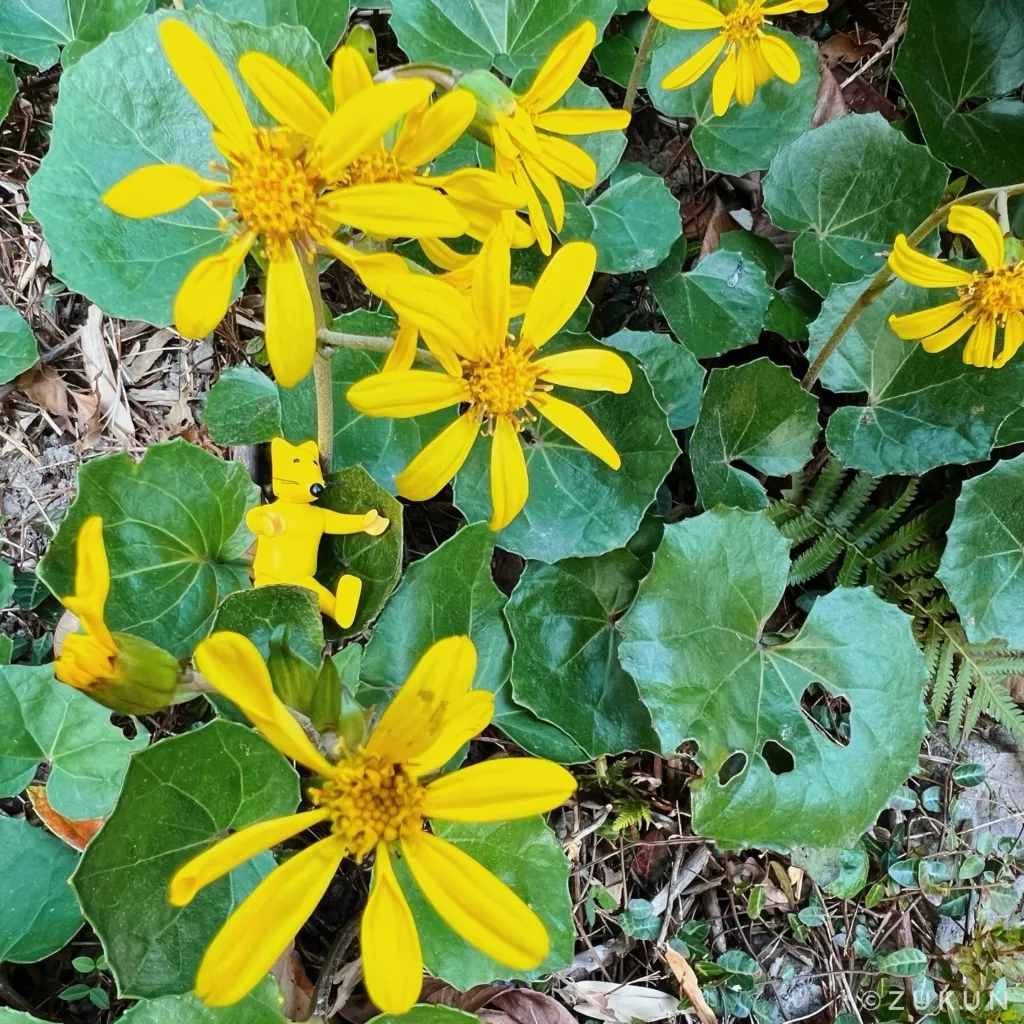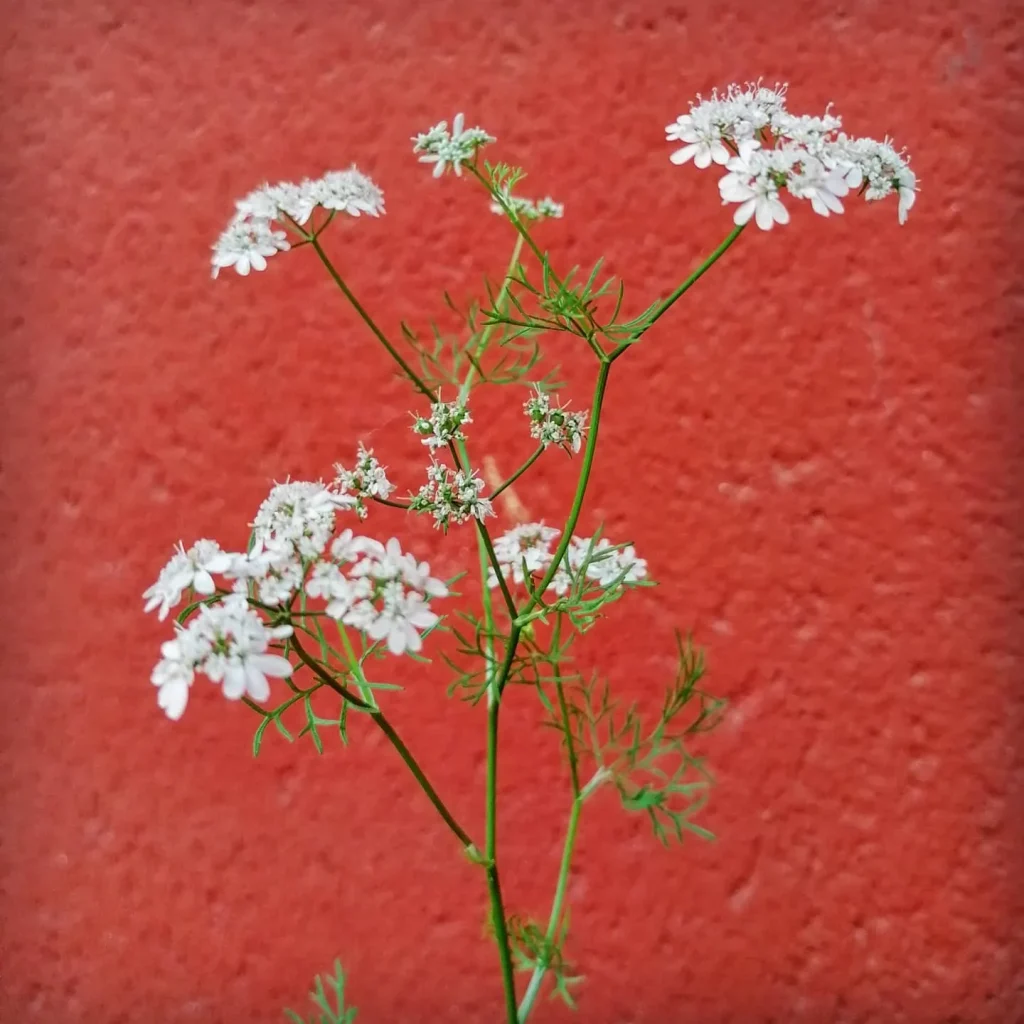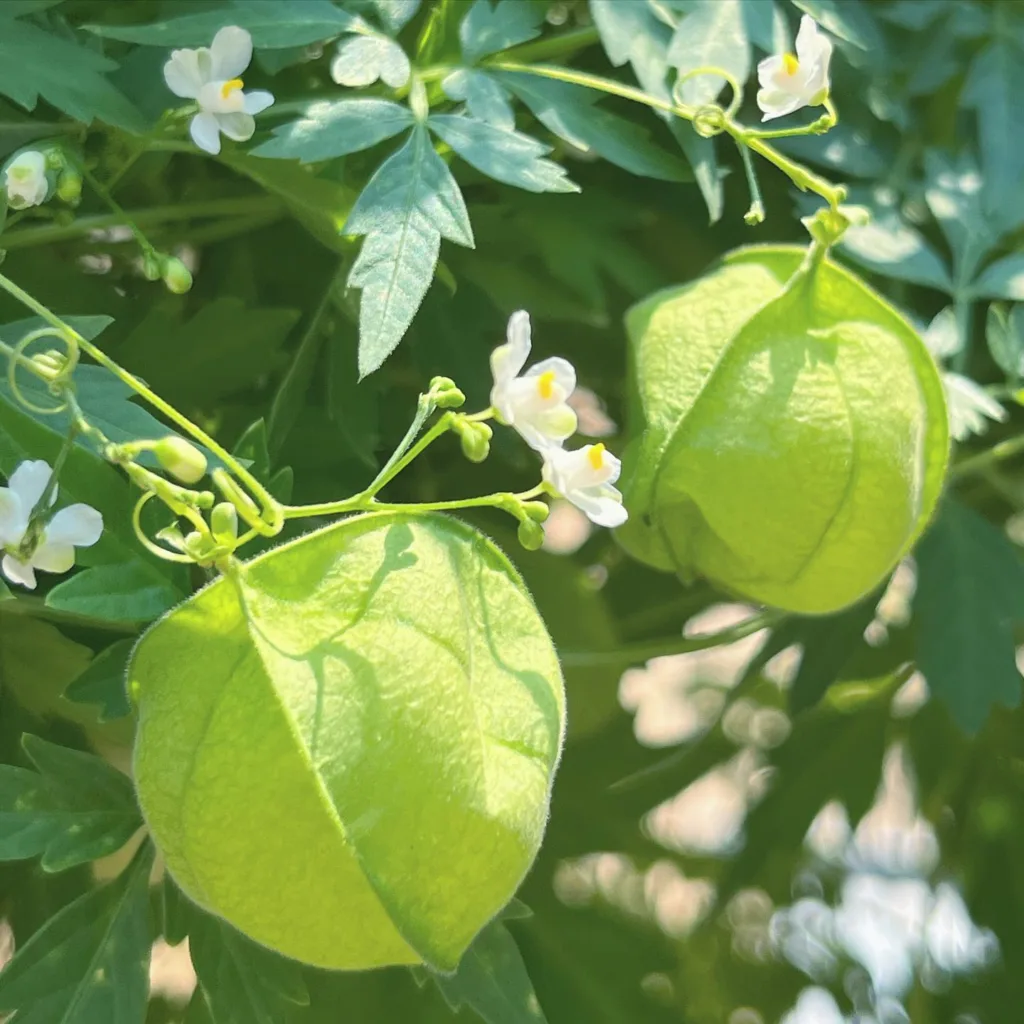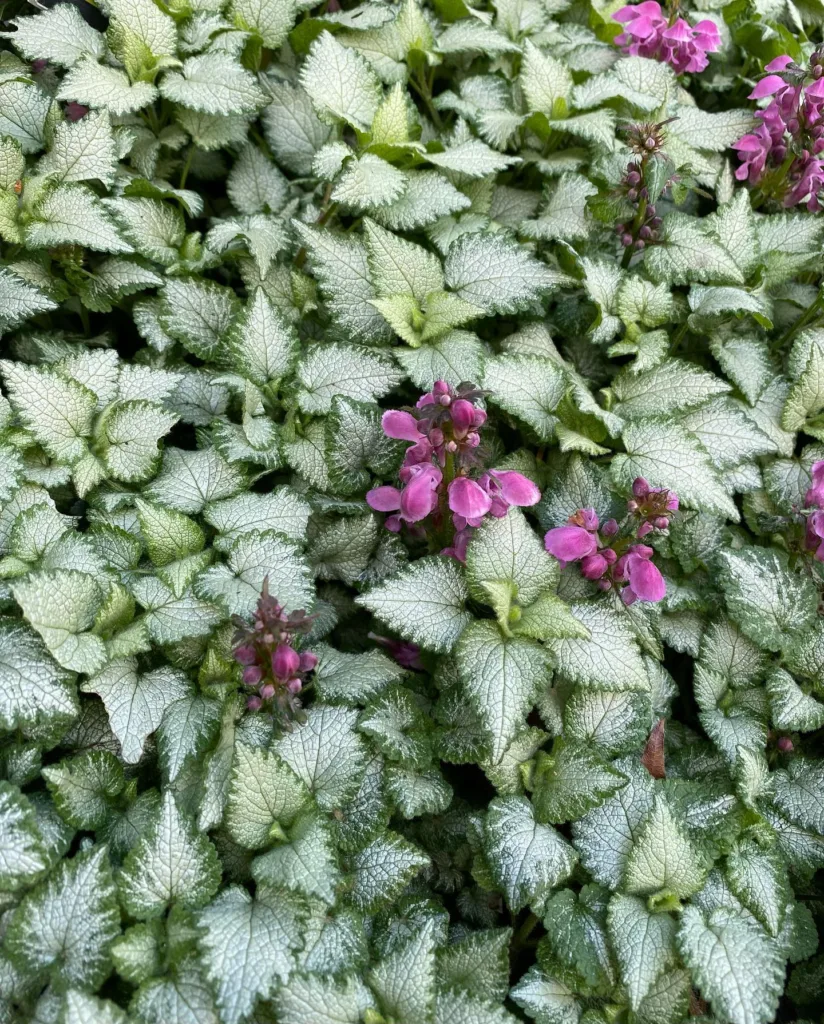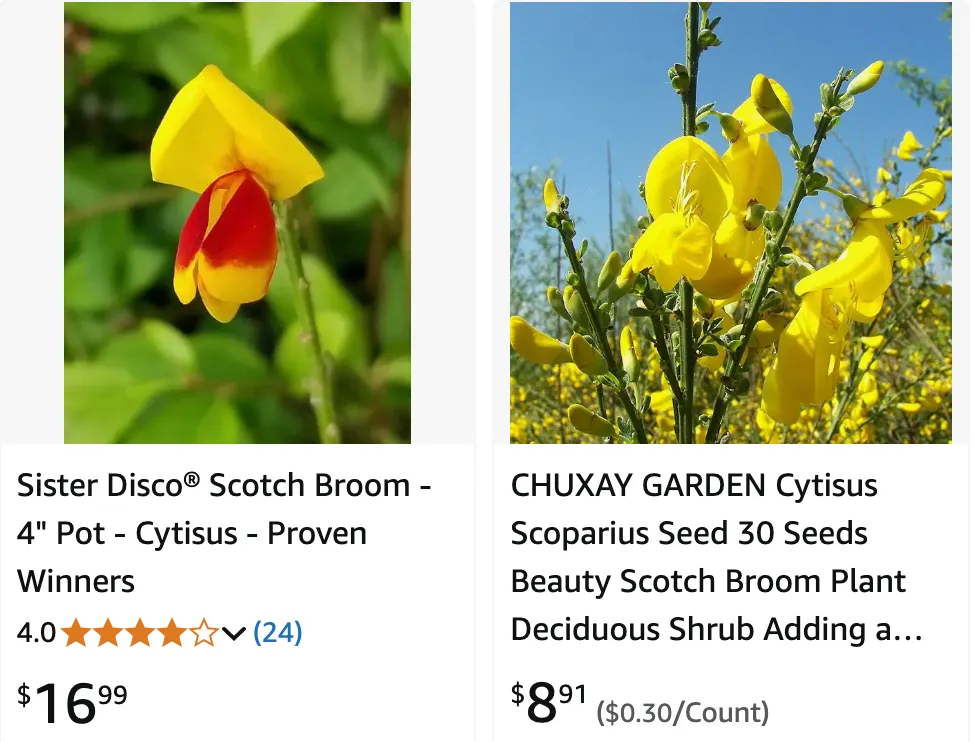
October 26 – Cytisus
"Cytisus, the broom, represents October 26."
Cytisus symbolizes cleansing and renewal. You help others find clarity and fresh starts. Like its purifying qualities, your influence is transformative.
Brooms: A Blooming Fascination
My name is Ferb Vu, and I’ve always been drawn to the vibrant colors and delicate beauty of flowering plants. Among my favorites is the genus Cytisus, more commonly known as Brooms. These hardy shrubs, with their profusion of bright blossoms, bring a touch of wildness and charm to any landscape.
A Closer Look at Cytisus
Brooms belong to the Fabaceae family, a large group that includes peas and beans. Native to open areas in Europe, western Asia, and North Africa, they thrive in scrublands and heathlands. Their adaptability and resilience make them a popular choice for gardeners around the world.
What truly captivates me about Cytisus is the sheer variety within the genus. From prostrate groundcovers to towering shrubs, there’s a Broom for every garden. Their flowers, typically pea-shaped, come in a dazzling array of colors – yellows, reds, oranges, whites, and even purples. Many species also boast a sweet fragrance, adding another layer to their appeal.
Species in Cytisus
The genus Cytisus encompasses a diverse range of species, each with its unique characteristics. Here are:
- Cytisus scoparius (Common Broom): This vigorous species is known for its bright yellow flowers and arching branches. It’s a familiar sight in many parts of Europe, where it often forms dense thickets. Plant FAQs: Scotch Broom – Cytisus Scoparius
- Cytisus multiflorus (White Spanish Broom): As its name suggests, this species is covered in masses of small white flowers. It’s a more compact shrub than C. scoparius, making it suitable for smaller gardens.
- Cytisus acutangulus Jaub. & Spach
- Cytisus aeolicus Guss.
- Cytisus agnipilus Velen.
- Cytisus anatolicus (Güner) Vural
- Cytisus arboreus (Desf.) DC.
- Cytisus ardoinoi E.Fourn.
- Cytisus balansae (Boiss.) Ball
- Cytisus cantabricus (Willk.) Rchb.f. & Beck
- Cytisus × cetius Beck
- Cytisus commutatus (Willk.) Briq.
- Cytisus decumbens (Durande) Spach
- Cytisus dieckii (Lange) Fern.Prieto, Nava, Fern.Casado, M.Herrera, Bueno Sánchez, Sa
- Cytisus emeriflorus Rchb.
- Cytisus filipes Webb
- Cytisus fontanesii Spach ex Ball
- Cytisus grandiflorus DC.
- Cytisus gueneri (H.Duman, Bașer & Malyer) Vural
- Cytisus kerneri Błocki
- Cytisus lotoides Pourr.
- Cytisus malacitanus Boiss.
- Cytisus × millenii Borbás
- Cytisus nigricans L.
- Cytisus orientalis Loisel.
- Cytisus oromediterraneus Rivas Mart. & al.
- Cytisus osyrioides Svent.
- Cytisus prietoi Bueno Sánchez, Fern.Casado & Nava
- Cytisus procumbens (Waldst. & Kit. ex Willd.) Spreng.
- Cytisus striatus (Hill) Rothm.
- Cytisus supranubius (L.f.) Kuntze
- Cytisus × versicolor Dippel
- Cytisus villosus Pourr.
The Allure of Brooms
For me, the appeal of Brooms goes beyond their visual beauty. They are low-maintenance plants that thrive in sunny, well-drained locations. Their hardiness and drought tolerance make them ideal for gardens with challenging conditions.
Moreover, Brooms play a vital role in the ecosystem. Their flowers attract pollinators like bees and butterflies, contributing to the biodiversity of the garden. They also provide shelter and nesting sites for birds and other small creatures.
Brooms in My Garden
I’ve incorporated several Cytisus species into my own garden. Their vibrant colors and graceful forms add a touch of wildness and charm to the landscape. I particularly enjoy the sweet fragrance that fills the air when they are in bloom.
Brooms are versatile plants that can be used in a variety of ways. They can be grown as standalone specimens, in mixed borders, or even in containers. Their arching branches and cascading flowers create a dramatic effect, especially when planted on slopes or banks.
A Continuing Fascination
My fascination with Cytisus continues to grow. I’m always eager to learn more about these remarkable plants and discover new species to add to my collection. Their beauty, resilience, and ecological importance make them a true treasure in the gardening world.
Whether you’re a seasoned gardener or just starting out, I highly recommend exploring the world of Brooms. Their vibrant colors, sweet fragrance, and easy care will surely bring you years of enjoyment.
If i die, water my plants!
